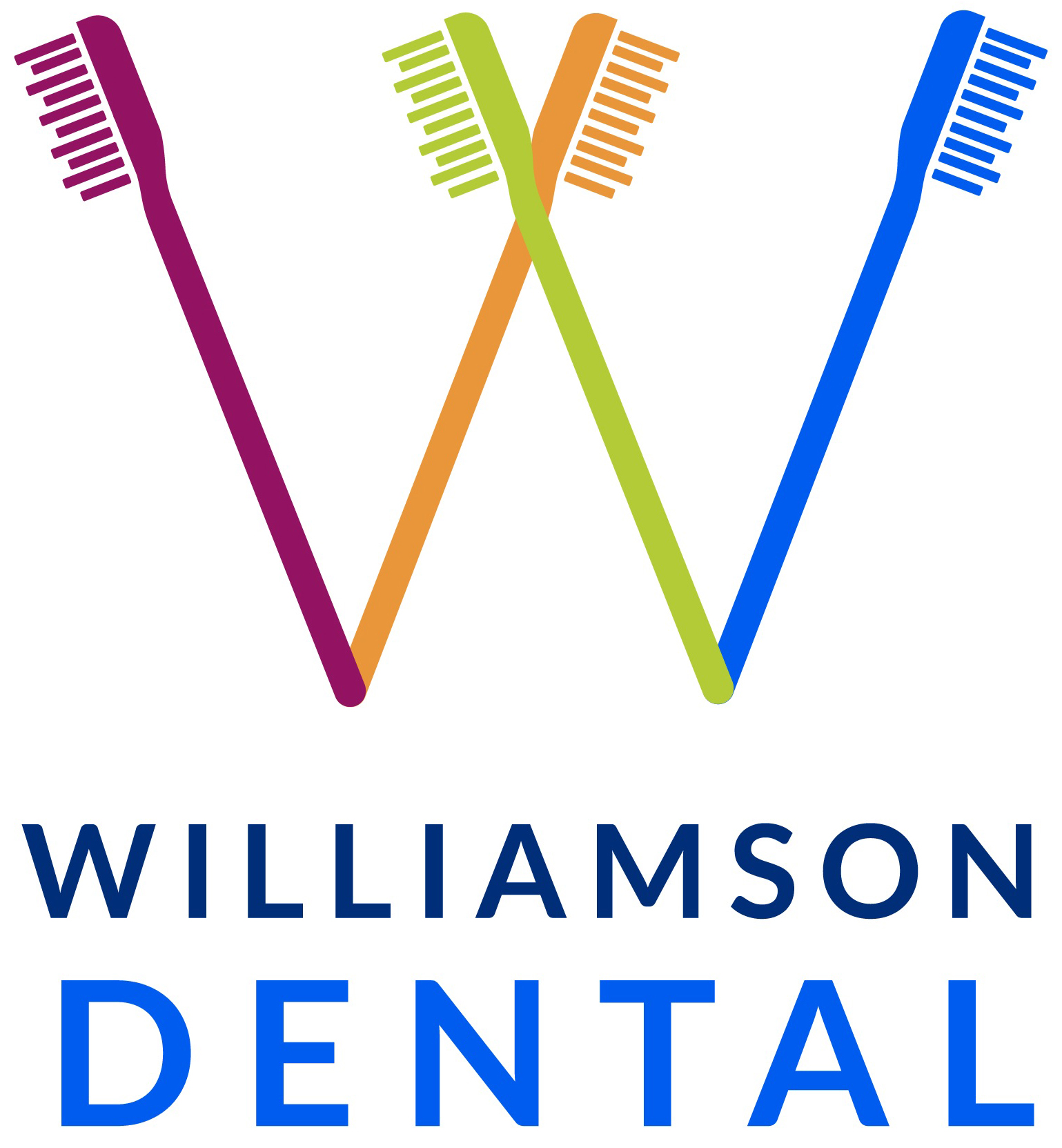When we think about oral health, we often focus on brushing, flossing, and regular dental check-ups. However, nutrition also plays a crucial role, particularly when it comes to vitamins. One vitamin that stands out for its significant impact on oral health is Vitamin D. Understanding the role of Vitamin D can help you maintain a healthy mouth and a beautiful smile.
What is Vitamin D?
Vitamin D, often called the “sunshine vitamin,” is produced by your body when your skin is exposed to sunlight. It can also be obtained from certain foods and supplements. This essential nutrient plays a vital role in maintaining healthy bones and teeth, supporting immune function, and regulating the absorption of calcium and phosphorus.
How Does Vitamin D Affect Oral Health?
1. Strengthening Teeth and Bones
Vitamin D is crucial for calcium absorption, which is necessary for building and maintaining strong bones and teeth. Without adequate Vitamin D, your body cannot properly absorb calcium, leading to weaker bones and teeth. This can increase the risk of fractures, tooth decay, and periodontal (gum) disease.
2. Preventing Tooth Decay
Tooth decay occurs when the enamel (the outer layer of your teeth) is damaged, often due to plaque buildup and bacterial activity. Vitamin D helps in the remineralization process, which repairs and strengthens tooth enamel, making it more resistant to decay.
3. Reducing the Risk of Gum Disease
Gum disease, or periodontal disease, is a common condition that affects the gums and bones supporting the teeth. Vitamin D has anti-inflammatory properties that can help reduce inflammation in the gums and lower the risk of developing gum disease. It also supports the immune system, helping your body fight off bacterial infections that can lead to gum problems.
4. Supporting Overall Oral Health
Vitamin D plays a role in maintaining the health of the tissues in your mouth, including the mucous membranes, which line the inside of your mouth. Healthy mucous membranes act as a barrier to infections, protecting your oral cavity from harmful bacteria and viruses.
Sources of Vitamin D
Ensuring you get enough Vitamin D is essential for maintaining good oral health. Here are some ways to boost your Vitamin D levels:
1. Sun Exposure
Spending time in the sun is one of the most effective ways to get Vitamin D. Aim for about 10-30 minutes of sunlight exposure several times a week, depending on your skin type and location. However, always be cautious of excessive sun exposure to prevent skin damage.
2. Dietary Sources
Incorporate foods rich in Vitamin D into your diet. Some good sources include:
- Fatty fish (such as salmon, mackerel, and sardines)
- Cod liver oil
- Fortified foods (such as milk, orange juice, and cereals)
- Egg yolks
- Cheese
3. Supplements
If you have difficulty getting enough Vitamin D from sunlight and food, consider taking a Vitamin D supplement. Consult with your healthcare provider to determine the appropriate dosage for your needs.
Conclusion
Vitamin D is a vital nutrient that significantly impacts your oral health. By ensuring you get enough Vitamin D through sun exposure, diet, and possibly supplements, you can support the health of your teeth and gums. Remember, good oral health contributes to overall well-being, so take steps today to boost your Vitamin D levels and maintain a healthy, radiant smile.



